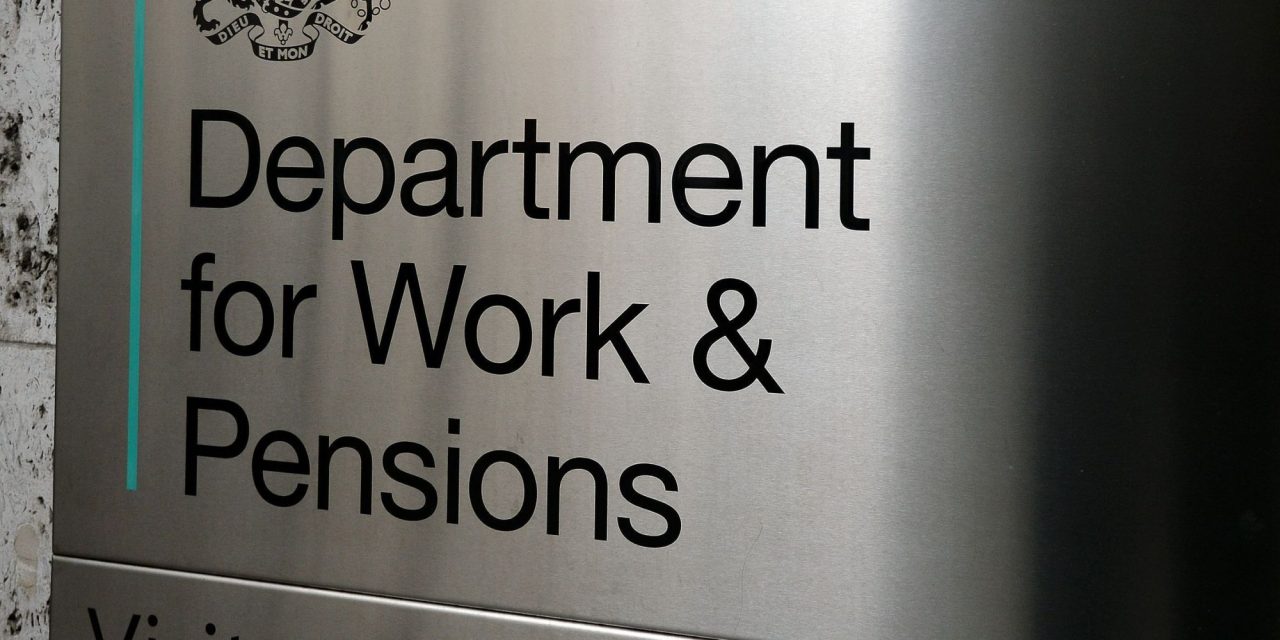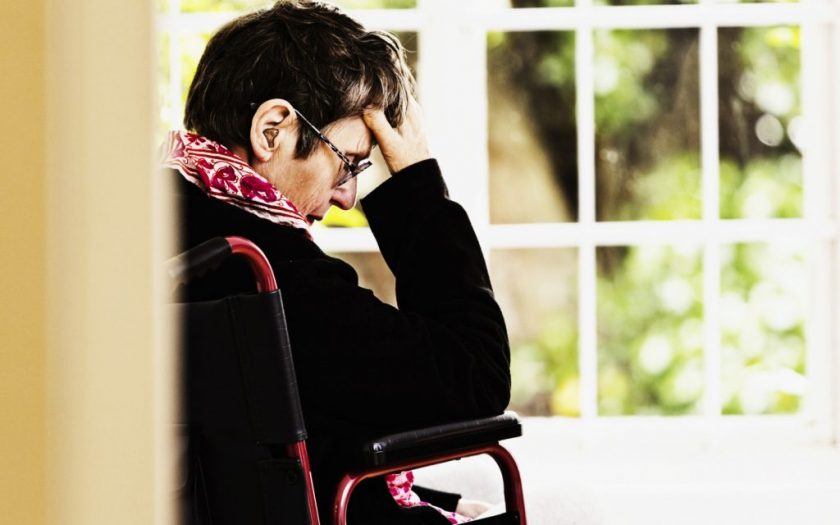The theme for last year’s Carers Week was to ‘Make Caring Visible and Valued’. A simple sentiment but one that belies the huge amount of work done on a daily basis by unpaid carers across the UK. And that sentiment still rings true in 2022. Carers UK state that there are around 6.5 million individuals in the UK performing unpaid care – this, because of the pandemic, has risen greatly .. probably into excess of 13 million.. This means that over 10% of the UK population are performing some kind of unpaid care on a regular basis. Further to this, around 1.3 million of these carers are providing over 50 hours of care each week.
Unpaid carers are absolutely fundamental to the success of health and social care in the UK. A growing but often invisible demographic, they provide essential support and services to those they care for, often without any support for themselves. Not only do they provide physical assistance, but they are also often responsible for navigating care services and support for those they care for. The Office for National Statistics (ONS) estimate that the support provided by unpaid carers would cost around £56 billion per year if they were to be replaced by paid carers.

This is a huge figure but pales in comparison to the amount of money those unpaid carers save the UK economy. Back in 2015, Carer’s UK, a national charity supporting unpaid carers across the country, estimated that the work done by this demographic saves the UK economy around £132 billion each year. This amount is almost equal to the 2019/20 budget for the Department of Health and Social Care (£150.4 billion). While this estimate was done 6 years ago, thanks to our ageing population it is extremely like that this number has grown.
The sheer amount of work done by these carers often leads to problems in their own life. In a survey carried out by Carers UK in 2018, as a result of caring:
-
72% of respondents stated that they had suffered mental ill-health.
-
61% said they had suffered from physical ill-health.
-
80% of carers stated they felt lonely or social isolated.
These statistics go to show just how important it is to highlight the work that these carers do to the wider public. Whilst you may have no experience caring for someone at the moment, it is likely that at some point in your life you will become responsible for caring for someone in your life. It’s estimated that every day another 6,000 people in the UK become carers.

Care and compassion are natural responses when someone we care about is suffering. Whether it’s a parent, partner, child or friend when those we love cannot care for themselves many people shoulder caring responsibilities without a second thought. People in this situation often don’t see what they’re doing as work because not doing it is usually out of the question. This is exactly why Carers Week is so important.
Carers Week seeks to not only celebrate the work that unpaid carers do in the UK but to highlight the support and help those carers themselves can access. Organisations like Carers UK offer a range of assistance; from support and advice on how to claim Carer’s Allowance to advice on how to manage your physical and mental health, there are resources out there to help. You can find further information about the resources available on the website of the partner organisations that have worked to bring Carers Week to the nation. Click on the links below for more:

